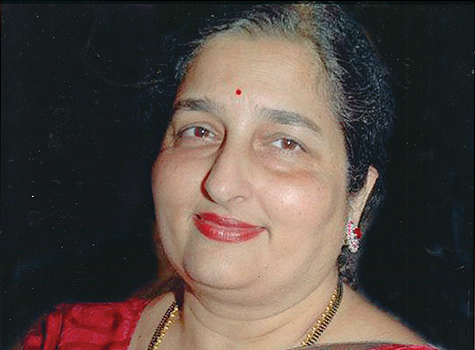I’m smitten by devils. Not the ones that inhabit religions. I’m talking politics, which bedevils me like a cheap, shoddily written mystery novel. Election years, especially presidential election years, unfold at a rapid pace, where intrigue, suspense, tragedy, comedy, disappointment, elation, all are wrapped into a never-ending variety show.
The distillation of persuasion techniques spewed by politicians are a continuing study of mine. The way a politician can manipulate people, or, in fairness and in many cases, inspire people to better themselves, is an art form. Half the job is instilling doubt about one’s opponent into the minds of low information masses. It’s not what you’re going to do, but the bad things your opponent has done or is going to do.
Here I sit on this mid-February midnight, analyzing, scrapping with the devils, while the political races are unfolding in the 2020 arena. Can he win? Can she win? Will an incumbent president get tossed out by voters or will he pull off another victory?
The night belongs to me alone, and in this moment, tonight, it’s a devilish voice that accompanies my fingers tapping words on this old laptop. The gravelly voice and jarring music of Tom Waits emerges out of the cheap laptop speakers while I assess the moment, after watching the umpteenth democratic debate. This one with the new entrant Michael Bloomberg on the stage. Sure, he got attacked from all sides and clearly wasn’t properly prepared, but this is his first debate. I’m sure he’ll get his groove, like the other candidates, or suffer a quick burnout. That’s the game of devils, this politics.
You may say that you’re not political, but politics surround you, blanket your every move and you may not even realize it. It is all local impacting global. Participate, vote, or suffer the consequences of your lack of interest. After watching debates, I often awaken in confusion finding myself making speeches to my pillow, and then staring at the ceiling, trying to win the race, as if I’m a candidate. Why didn’t he or she say this or that, I wonder in the haze of half sleep.
I could never run for office, though. Three deterrents: One, you are always begging for money; Two, you must play nice to people you normally couldn’t care less hanging around. Three, there is more than one skeleton in the closet, best left hidden in a dark corner, never to see light of day.
It’s sad that running for office now comes with soul-destroying scrutiny, every minor thing done in the past is brought to light and unwrapped, every comment made in public or email or text exposed, every racy joke made in the past becomes like handcuffs, all fodder for character destruction. Who needs that? I understand that the whole candidate matters, especially in the race for the White House, but the endless pinpricks can bleed out even the most steady folks. It’s this deadening campaigning that deters many good people from running for office. This is unfair for a lot of, well pretty good folks, running for office. They want to impact changes, take the country forward, but the process is so demeaning.
You know a society has become unhinged when a friend is no longer a friend just because of some disjointed political discussion or his support for a particular candidate.
Tom Waits croons another one of his alleyway tales while I gather my thoughts of the plodding horse race that is ahead. The hubbub of the four early caucus and primary states is now speeding toward the massive wall of Super Tuesday.
In the meantime, I’m working on a new means testing for candidates. I’ll call it “Loseability.”
Loseability? Yes. It’s my answer to electability, a word that’s bandied about frequently when arguing the chances of a particular politician. Electability is about the positive aspects of a candidate, along with likeability, money, etc. I think all candidates should assess their loseability first. What is a particular candidate doing or not doing that makes them more loseable, if you will. I can wrap my fingers around that better than arguments of electability. When you gather loseability factors of a candidate and sort the negatives out, the arguments of electability become more sensible and can guide the candidate further.
I will offer more of my analysis and loseablity factors as the election season wears on. North Carolina is part of Super Tuesday. The races are too scattershot to assess in any meaningful way. By the time you read this, Super Tuesday will have passed, the voters in those states will have spoken and the national races, as well as regional ones will have winnowed out. The race to pick the Democratic nominee for President looks like a long slog, but sunny March may offer some clarity.
It’s morning now. Slumber was restless. The devils of politics are being disinfected by the bright sunlight on my face. It’s another day in the political neighborhood.
———-
Samir Shukla is the editor of Saathee magazine. Contact – Samir@saathee.com



